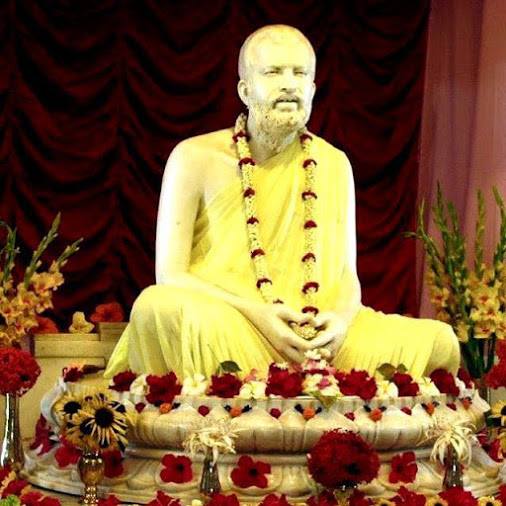The Utility and Necessity of Doubt for the Spiritual Evolution : Sri Aurobindo
16/02/2018
Spiritual and religious seekers throughout history have struggled with doubt in various forms. There is self-doubt as to the capacity of the individual to succeed in the task he has taken up. There is also doubt in the ideas and forms of the teaching itself, which undermines the faith of the seeker in that particular line of understanding. Most treat doubt, therefore, as a weakness and there arises then an attempt to suppress doubts and to feel guilty if one harbors doubts. Sri Aurobindo, however, takes another view of the matter and observes that doubt is actually an essential part of the spiritual development of the individual and should be recognised for its utility along the way and during various stages.
The mind and emotions tend to fasten on a specific formulation of development, and given the limitations of the mental being, it is certain that these formulations will neither be comprehensive, complete nor perfect. If the seeker remains fixated on these partial or inaccurate conceptions, he cannot break free in order to move forward in the process. Doubt is necessary to avoid a too smug or stagnant view of things, and thereby it acts as a prod to progress.
“The integral Yoga aims at a knowledge not merely of some fundamental principle, but a knowing, a gnosis which will apply itself to and cover all life and the world action, and in this search for knowledge we enter on the way and are accompanied for many miles upon it by the mind’s unregenerated activities before these are purified and transformed by a greater light: we carry with us a number of intellectual beliefs and ideas which are by no means all of them correct and perfect and a host of new ideas and suggestions meet us afterwards demanding our credence which it would be fatal to seize on and always cling to in the shape in which they come without regard to their possible error, limitation or imperfection. And indeed at one stage in the Yoga it becomes necessary to refuse to accept as definite and final any kind of intellectual idea or opinion whatever in its intellectual form and to hold it in a questioning suspension until it is given its right place and luminous shape of truth in a spiritual experience enlightened by supramental knowledge. And much more must this be the case with the desires or impulsions of the life mind, which have often to be provisionally accepted as immediate indices of a temporarily necessary action before we have the full guidance, but not always clung to with the soul’s complete assent, for eventually all these desires and impulsions have to be rejected or else transformed into and replaced by impulsions of the divine will taking up the life movements. The heart’s faith, emotional beliefs, assents are also needed upon the way, but cannot be always sure guides until they too are taken up, purified, transformed and are eventually replaced by the luminous assents of a divine Ananda which is at one with the divine will and knowledge. In nothing in the lower nature from the reason to the vital will can the seeker of the Yoga put a complete and permanent faith, but only at last in the spiritual truth, power, Ananda which become in the spiritual reason his sole guides and luminaries and masters of action.”
***





Comments
Post a Comment